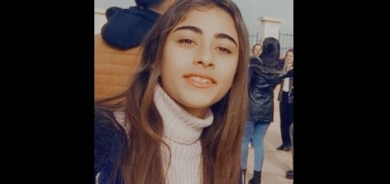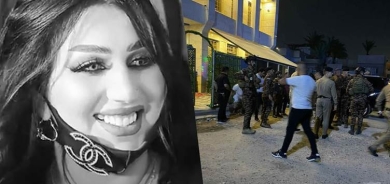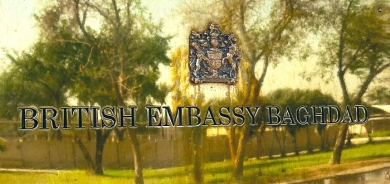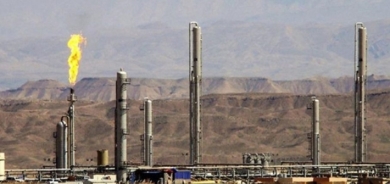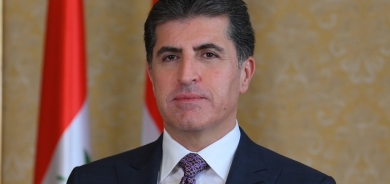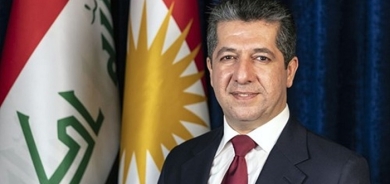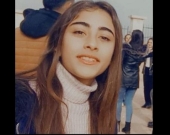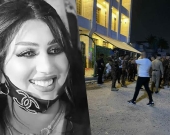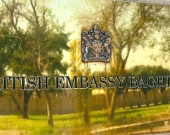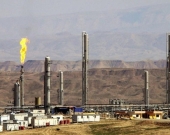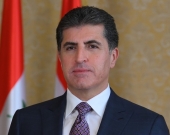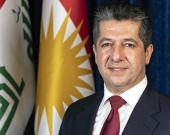New South Wales MP Paul Lynch: 25 years on, Halabja should not be forgotten
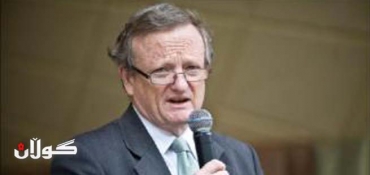
HALABJA MASSACRE TWENTY-FIFTH ANNIVERSARY
Mr PAUL LYNCH (Liverpool) [4.54 p.m.]: I draw to the attention of the House a matter of Considerable interest and concern for many of my constituents. Next month will be the twenty-fifth anniversary of the attack on a town called Halabja by Saddam Hussein's forces using chemical weapons largely supplied to that army by Western countries. The attack occurred on 16 March 1988. This horrific incident is being commemorated by the Kurdistan Regional Government [KRG]. This attack is of course notorious and known by many people around the world. It is of particular interest in my electorate because of the estimated several thousand people who live in the Liverpool region that have come to this land from what is now the area of the Kurdistan Regional Government. The area is also known as Northern Iraq.
Certainly many Kurdish residents of Liverpool have discussed with me what occurred at Halabja. I note in particular Ms Tagva Zandy, who has drawn my attention to the commemoration that will occur to mark the twenty-fifth anniversary of these killings. Additionally, the office of the official diplomatic representative in Australia of the Kurdistan Regional Government, Mr Haval Syan, is situated diagonally opposite my own at the intersection of Northumberland and Moore Streets, Liverpool, and the flag of the Kurdistan Regional Government flies proudly over the building.
Halabja was once a thriving city. It is near to the Iranian border and during the latter part of the Iran-Iraq War it was on the front line. It was occupied by Iranian and pro-Iranian troops and on the morning of 16 March 1988 Iraqi troops launched conventional military attacks on the town. However, at about 3.00 p.m. Iraqi jets commenced dropping chemical weapons that reportedly left a smell of sweet apples. Within minutes of exposure 5,000 non-combatant men, women and children were killed and 7,000 were injured. Human Rights Watch has categorised the killings as an act of genocide. This was part of Operation Anfal. The word "anfal" means "booty". It was revenge for the town and its inhabitants allegedly collaborating with the Iranians. The gas included one made from a hydrogen cyanide compound developed with the help of a German company.
At the time the Central Intelligence Agency in Washington sent a briefing note to United States embassies in the Middle East saying that the gas might have been dropped by Iranians. The Central Intelligence Agency was still supporting Iraq against Iran at that stage. In his book The Great War for Civilisation journalist Robert Fisk notes that prior to this Saddam Hussein had used similar weapons on Iranians that killed very large numbers of people. Those instances were similarly downplayed by Western governments because Hussein was their then ally against Iran. After Halabja the elder President Bush increased United States government subsidies to Iraq to buy United States farm products as well as some material that could be potentially used for chemical and biological weapons, not to mentionhelicopters.
In a sad irony Kurdish writer Abdulwahad Talabani notes the history of the region. In 1920 the then British Secretary of State, Winston Churchill, advised that Kurds and Afghans should be bombed using chemical weapons. Al Anfal was run by Hussein's relative Ali Hasan Majid, who was known as Chemical Ali originally to Kurds and then more broadly. In the overall Al Anfal campaign he conceded to at least 100,000 disappearances. The campaign started in February 1988. Kurdish sources say that between February and August up to 4,000 villages were burned or bulldozed. Kurdish sources indicate 182,000 disappearances. Fear remained long after the gassing. The people were worried about contamination of the soil, food and water.
Survivors described Al Anfal as "the worst operation against the Kurds in the twentieth century". One Kurd noted that Saddam retaliated against Kurds for fighting with Iran to capture Halabja and said, "Saddam's revenge is based on a tribal mentality: Take three eyes for every eye". Many Kurds and their friends were horrified by the lack of Western response to the atrocity at Halabja. That attitude has now changed in the West because, I suppose, it suits the politics to change it. Kurdish poet Riza Colpan wrote in the poem Mourning in Black:
As the poisoned wind ended all life
the world remained blind and deaf
Even God appeared not to witness the death
The believers mourned in black
Oh pity me, pity me!
Five thousand Kurds were martyred
After that smog submerged the town
wounded hearts could not find a cure
Elsewhere, the wild aggressive enemy
hunted the Kurdish people,
burning their homes, trees and crops
The forest and fields mourned in black.
In another line that has stayed with me the poet wrote, "As Halabja turned into Hiroshima". There are ongoing consequences from the use of chemical weapons. There are long-term illnesses, birth defects, miscarriages, infertility, paralysis, neurological defects and cancers among surviving generations. Soil damage, contaminated water supply and a spoiled food supply are ongoing problems. The resilience of the Kurdish people is still seen, however, in their efforts in the Kurdistan Regional Government area and in places such as Liverpool. The Halabja Massacre, sometimes also known as Bloody Friday, is regarded as history's largest chemical weapons attack against a civilian populated area. These events should not be forgotten. They certainly cannot be forgotten by many of my constituents.

